By Wang Suning
(CNS) -- As an international platform for exchanging cultural construction experiences and promoting exchanges and mutual learning among civilizations, the Beijing Cultural Forum was launched on September 19. Over eight hundred well-known Chinese and foreign experts, scholars, writers, artists and industry leaders gathered in Beijing to discuss their thoughts on cultural exchanges, inheritance and innovation.
Vladimir Petrovsky, chief researcher at the Institute of Chinese and Modern Asian Studies of the Russian Academy of Sciences, who attended the meeting, said in an exclusive interview with W.E. Talk at China News Service's that in today's world of multipolarity and economic globalization, only by respecting and understanding the important value of the diversity of civilizations can we promote the sustainable development of human civilization. On the path of modernization, the common values of all mankind, including peace, development, justice, fairness, democracy, and freedom, are becoming increasingly important.
Here's an excerpt of the dialogue:
CNS: How to recognize the value of civilizational diversity?
Petrovsky: Civilization includes spiritual civilization as well as non-cultural connotations such as material civilization. Civilization exchanges are more than just cultural exchanges, they include political, economic, scientific, and technological exchanges and cooperation.
In order to respect the objective reality of the diversity of human civilizations and correctly understand the value of the diversity of civilizations, we must adhere to certain principles in accordance with the Global Civilization Initiative. First, we must emphasize civilizational equality, which is the basis and prerequisite for preserving the diversity of human civilization. Second, we must advocate mutual learning among civilizations. Third, we must adhere to civilizational dialogue, which is designed to alleviate and resolve contradictions and conflicts among different civilizations. Fourth, we must promote tolerance, which is the essence of preserving the diversity of human civilization.
CNS: What role does the Global Civilization Initiative play in promoting security and development?
Petrovsky: The Global Civilization Initiative aims to promote exchanges and mutual learning among world civilizations and proposes to strengthen international exchanges and cooperation among people. Cooperation helps strengthen ties between countries, helps avoid the “clash of civilizations”, achieve mutual tolerance and peaceful coexistence among civilizations, and seek solutions to international security issues.
The Global Civilization Initiative plays an important role in ensuring security by helping to achieve the goal of mitigating conflicts at the communication level. 89% of the world's conflicts occur in countries with low levels of intercultural dialogue, and three-quarters of the conflicts are cultural. Countries tend to overestimate the hostility of their opponents, that is, they overestimate their conflict capabilities and resolve. Poor communication will continue to intensify existing conflicts, thereby increasing the risk of new conflicts. Strengthening communication is the key to achieving peace and harmony.
The Global Civilization Initiative provides ideological guidance and practical ways to advance the modernization of human society and build a new model of exchange and mutual learning among civilizations. In particular, the Belt and Road Initiative has formed an architecture of inter-network connections and implemented many practical cooperation projects, which has greatly facilitated exchanges and mutual learning among different civilizations. The initiative promotes the creation of multi-level mechanisms of cooperation in humanitarian areas between countries participating in joint construction and relevant international organizations and promotes the creation of multi-level mechanisms of cooperation in humanitarian areas in the fields of education, science and technology, culture, health care, sports, mass media, tourism, and the protection of historical and cultural heritage.
CNS: In your opinion, what are some examples of respecting the diversity of civilizations?
Petrovsky: The Shanghai Cooperation Organization and the BRICS are examples of respect for the diversity of civilizations. The “Shanghai Spirit” is a guideline for relations among member states formed in the process of development of the Shanghai Cooperation Organization. Its core meaning is mutual trust, mutual benefit, equality, consultation, respect for different civilizations and the pursuit of common development. Among them is “respect for the diversity of civilizations”. This is why more and more countries are applying to join the SCO. The Global Civilization Initiative helps the BRICS countries give full play to their institutional advantages and roles. and join hands with other countries in the world to explore the development path of civilization and carry out civilizational exchanges.
Chinese civilization has always emphasized beauty, harmony, diversity and symbiosis. The root of Chinese civilization, which has never been interrupted for five thousand years, is extremely valuable in our changing era. It is based on Chinese culture. The four “joint initiatives” put forward by the Global Civilization Initiative reflect an inclusive mindset of finding common ground while maintaining differences.
The Belt and Road Initiative, the Global Development Initiative, the Global Security Initiative and the Global Civilization Initiative aim to replace division with unity. In particular, the Global Development Initiative focuses on the core contradictions and problems of unbalanced and inadequate development. The Global Security Initiative responds to the urgent need of the international community to maintain world peace and prevent conflicts and wars and provides solutions to the problems of global security governance and current ones. The Global Civilization Initiative builds on and integrates the first two initiatives. Security is the prerequisite for development, and development is the driving force of security. Civilization is the soil for development and security, and development and security are the paths for development and the advancement of civilization.
Edited by An Yingzhao










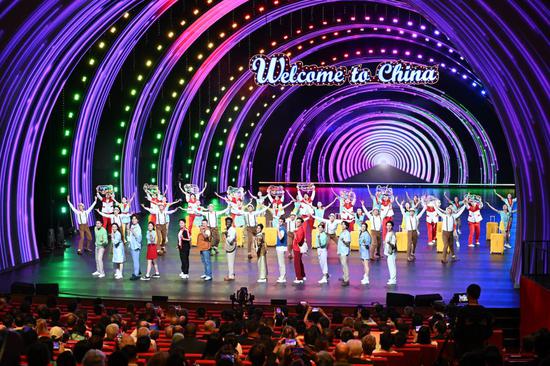



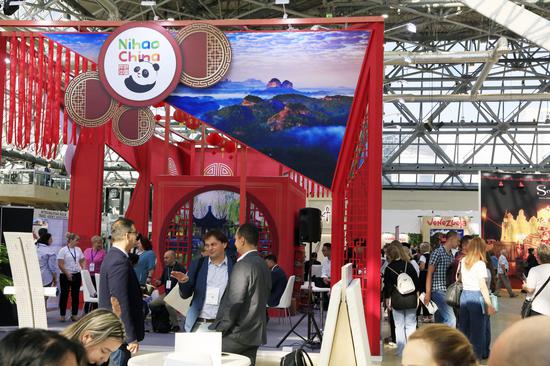
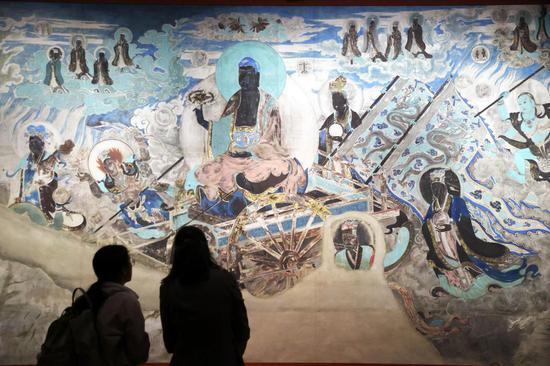
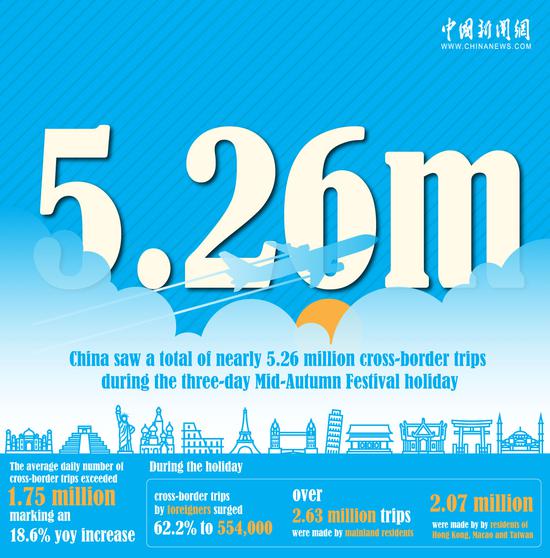
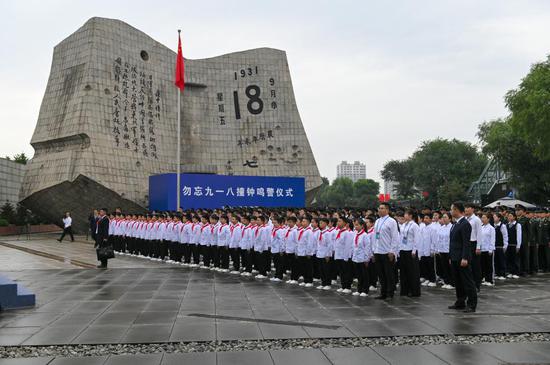

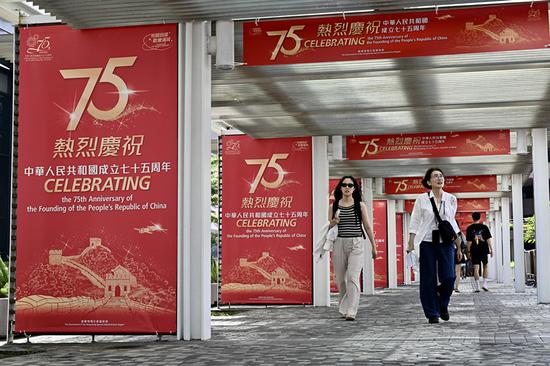

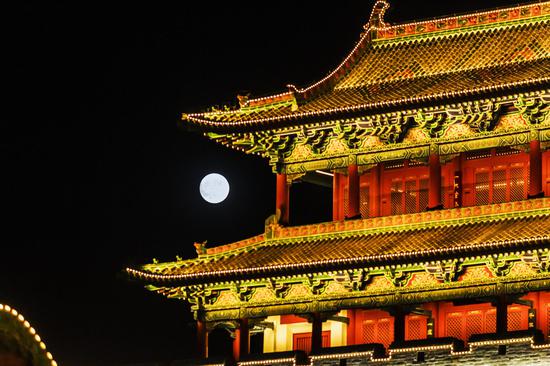
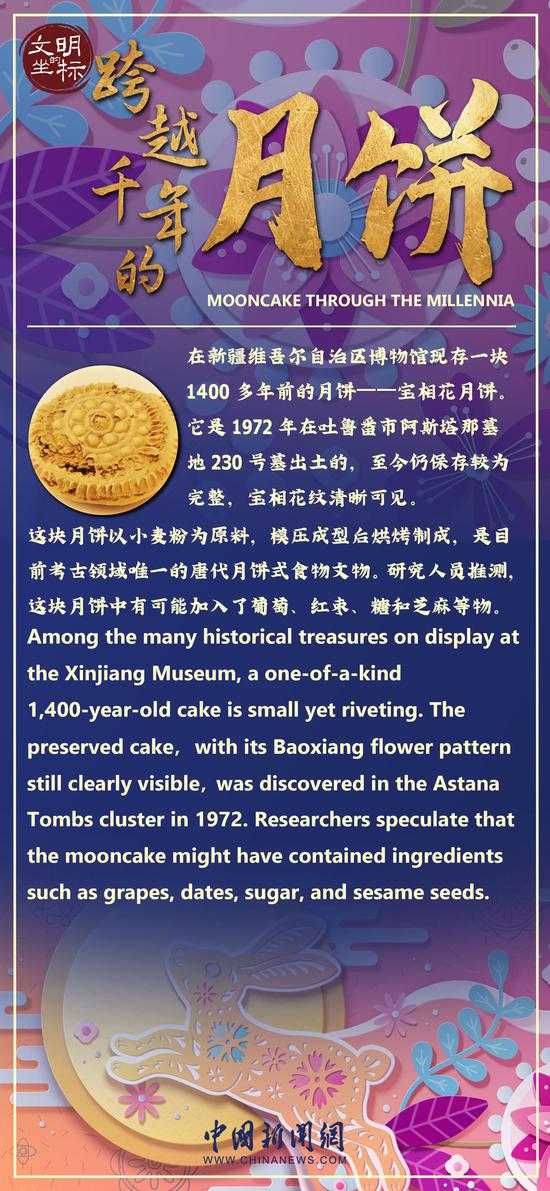
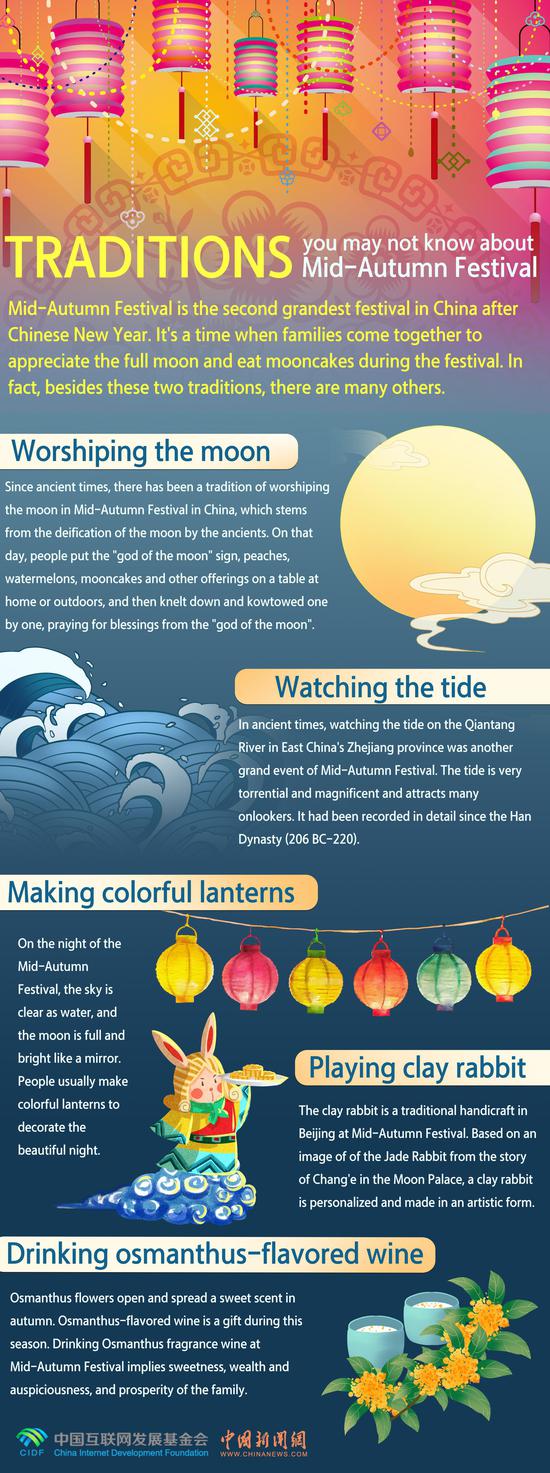

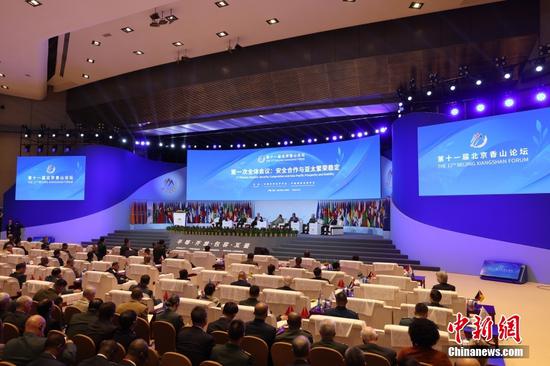
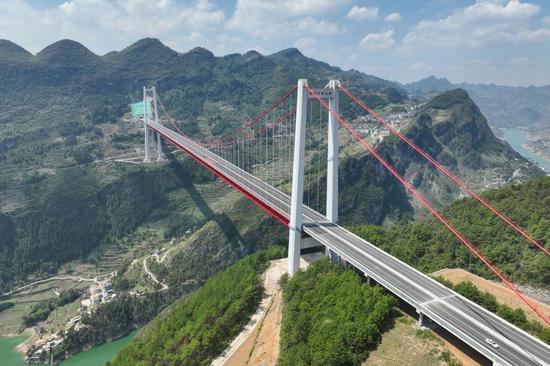
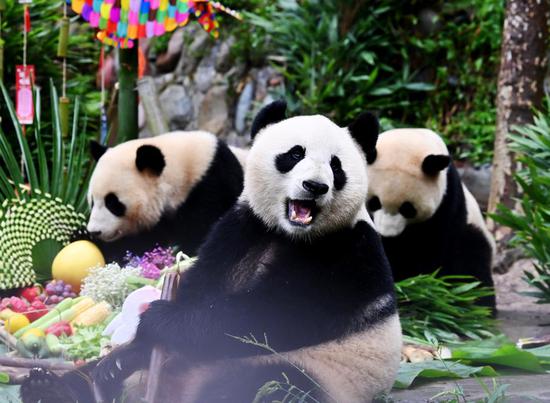


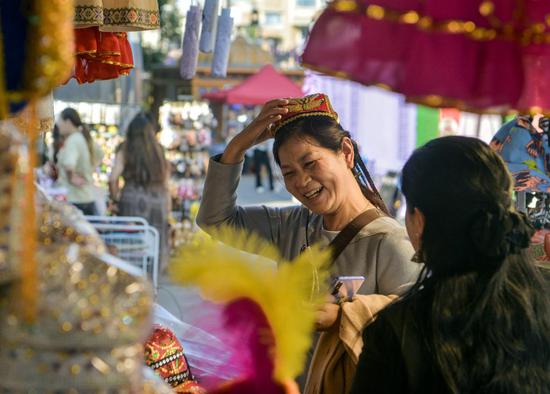
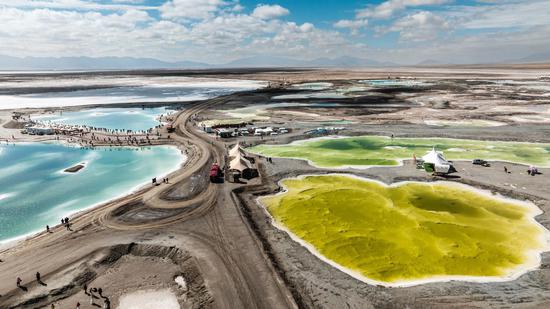
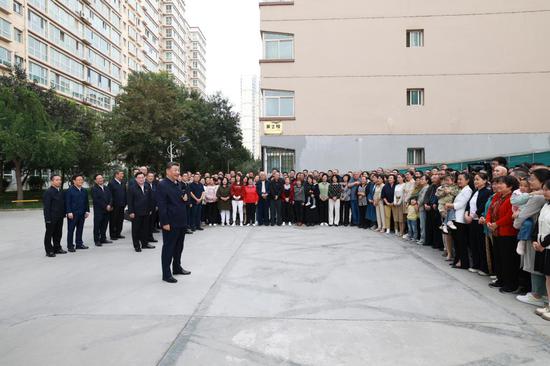

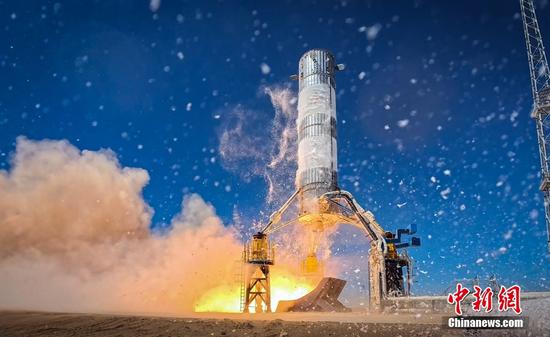
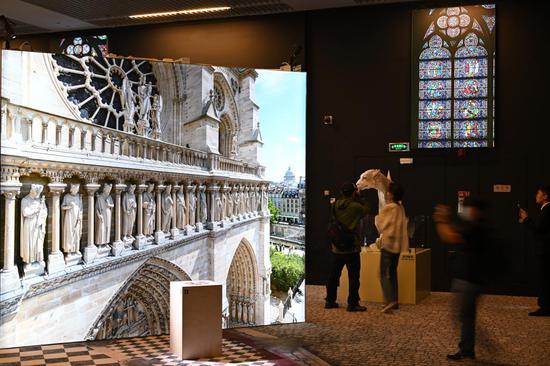
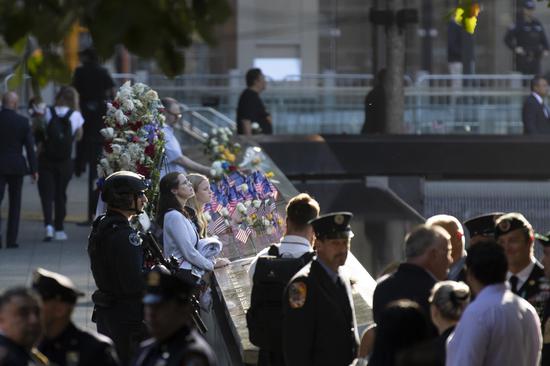
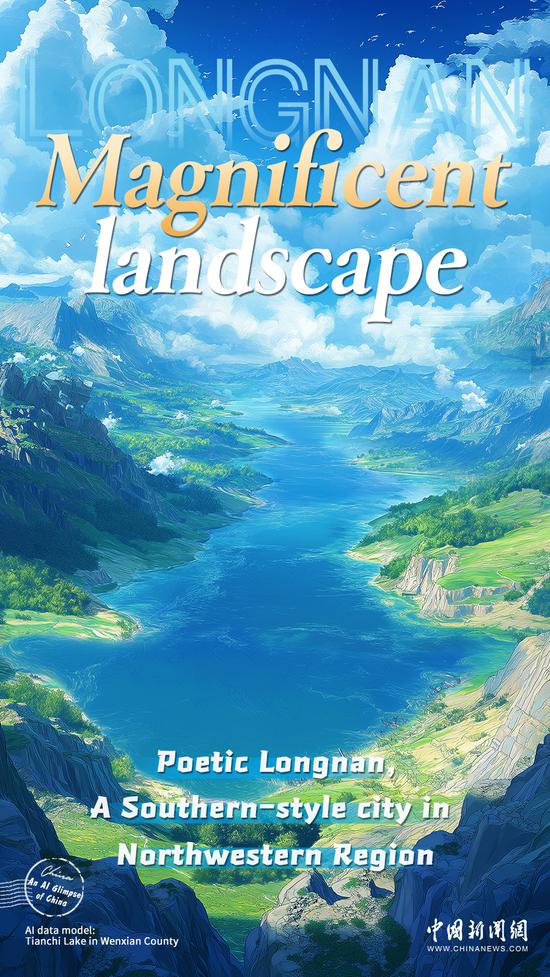
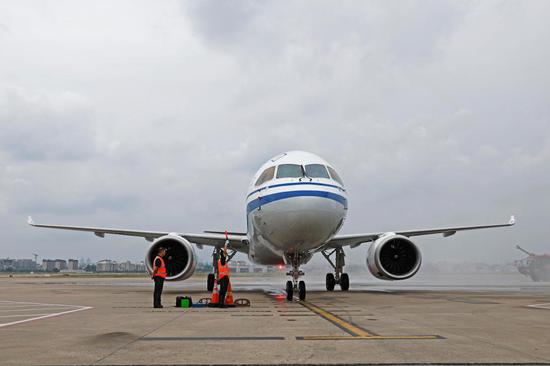
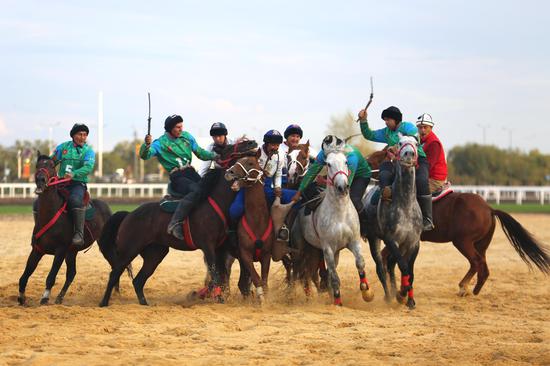
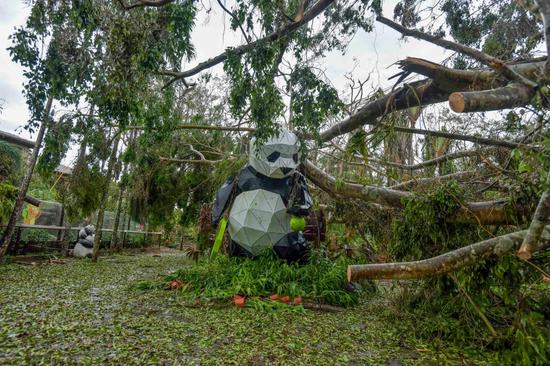
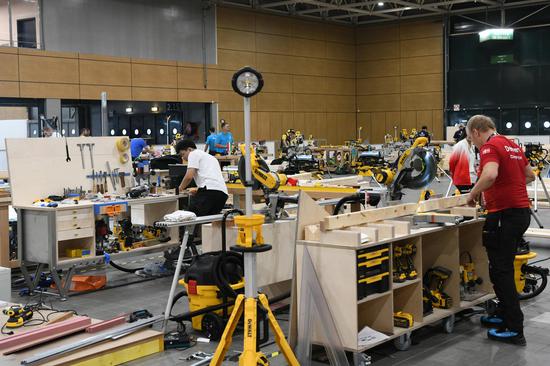

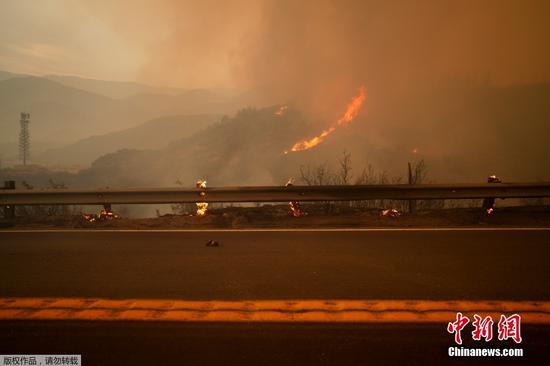
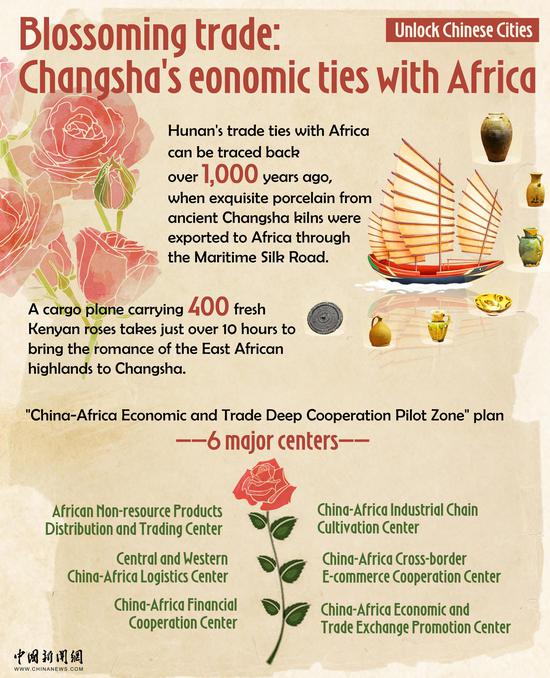





 京公网安备 11010202009201号
京公网安备 11010202009201号